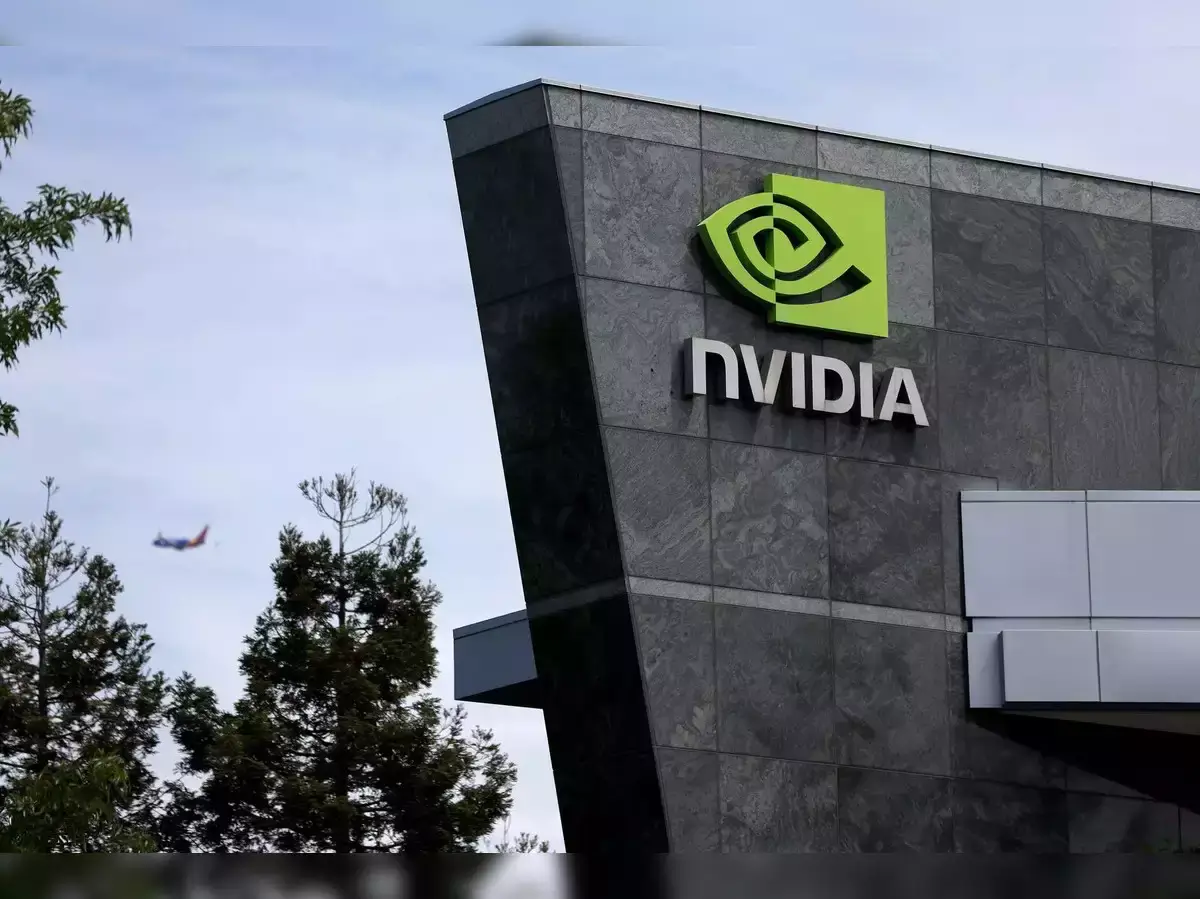For years, Nvidia has reigned supreme in the world of AI hardware. Their powerful Graphics Processing Units (GPUs) equipped with the proprietary CUDA programming platform have become the de facto standard for running complex AI workloads. However, a growing movement is shaking the foundations of this dominance. Tech giants like Google, Intel, and Qualcomm are joining forces to develop open-source software tools that can function across various AI hardware, not just Nvidia’s.

This shift marks a significant turning point in the AI development landscape. Nvidia’s dominance has created a locked ecosystem. Developers have been forced to adapt their code to CUDA, limiting their flexibility and potentially hindering innovation. The new open-source initiative, spearheaded by the UXL Foundation and built upon Intel’s OneAPI technology, aims to democratize AI development. With UXL, developers can write code that runs seamlessly on any AI chip, fostering competition and potentially driving down hardware costs.
The potential benefits of this movement are far-reaching. Increased competition in the AI hardware market could lead to more affordable and specialized AI chips tailored for specific tasks. This could open doors for smaller companies and researchers who might not have the resources to invest in expensive Nvidia hardware. Additionally, open-source software fosters collaboration and innovation. By working with a common platform, developers can create more efficient and powerful AI tools, accelerating advancements in the field.
Of course, Nvidia isn’t going down without a fight.
Their powerful hardware and established developer base remain significant advantages. However, the combined resources and market reach of the UXL consortium pose a severe threat. The success of this initiative hinges on attracting broad industry support and ensuring the UXL platform offers comparable performance and ease of use compared to CUDA.
The coming years will be crucial in determining the future of AI hardware. Will Nvidia maintain its dominance, or will the UXL initiative usher in a new era of open and competitive AI development? This battle promises to significantly impact the entire AI industry, shaping the tools and technology that power the future.





